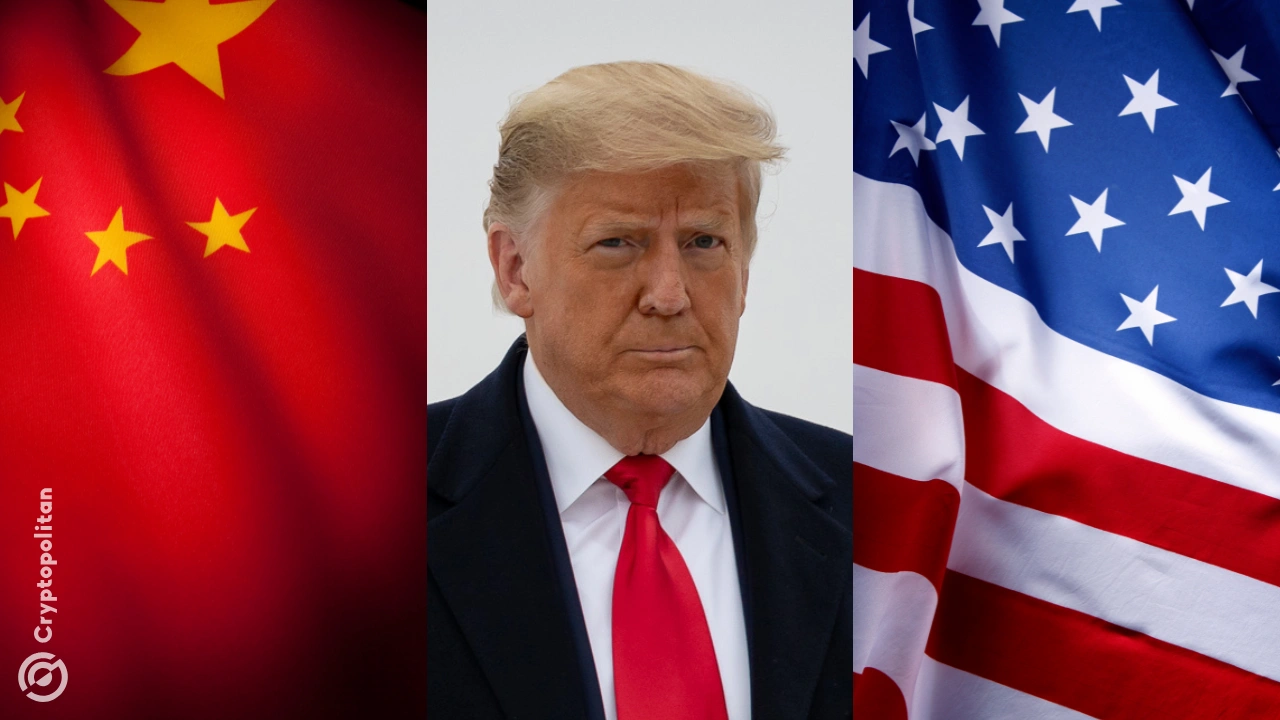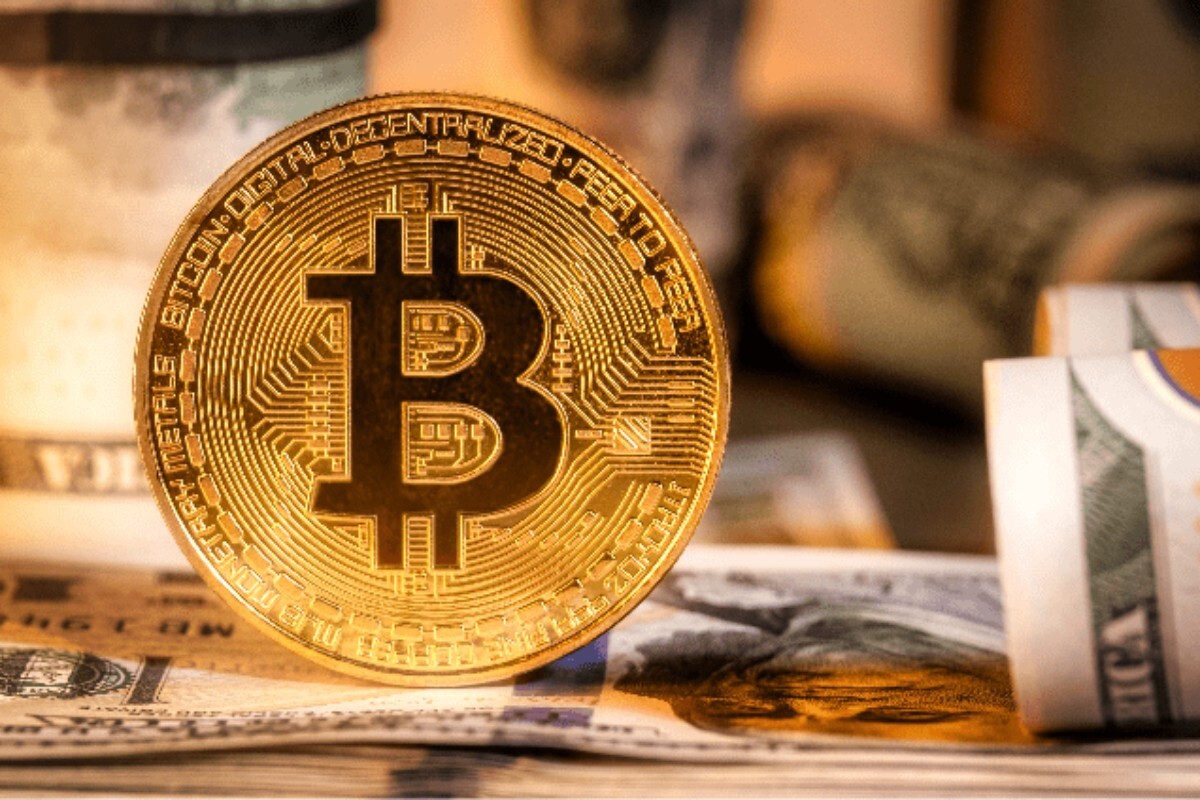U.S. President Donald Trump confirmed sweeping new tariffs during a Republican fundraising gala on Tuesday night, April 8. Speaking to a crowd of House Republicans, Trump claimed that other countries “are calling us up, kissing my ass” for a trade deal.
His remarks drew laughter from the audience. Imitating foreign leaders, he added, “Please, please, sir, make a deal. I’ll do anything.”
The event took place just hours before a major hike in U.S. tariffs on Chinese goods came into effect. Starting Wednesday, April 9, the tariffs on Chinese imports jumped to 104%, as confirmed by a White House official speaking to CNBC.
The increase followed Trump’s demand that China drop its 34% retaliatory tariffs on U.S. goods by Tuesday. Trump had threatened to double U.S. tariffs if Beijing failed to meet a firm noon deadline. With no change from Beijing, the U.S. followed through with the hike.
During the same address, Trump also mocked fellow Republicans who have called for Congress to take over international trade negotiations. “Let me tell you, you don’t negotiate like I negotiate,” he said.
Trump will announce tariffs on pharmaceuticals soon
In another major announcement, Trump revealed plans to impose what he called “major” tariffs on imported pharmaceuticals. He told the audience, “We’re going to be announcing very shortly a major tariff on pharmaceuticals. And when they hear that, they will leave China.”
Trump also recently told reporters aboard Air Force One that these pharmaceutical tariffs will arrive “at a level that you haven’t really seen before.” He said they would be announced “in the near future.”
If implemented, this move would mark a major shift in the global pharmaceutical trade. For decades, most countries—including the U.S.—have imposed few or no tariffs on finished medicines. This has been in line with a 1995 World Trade Organization agreement aimed at keeping drug prices low.
The proposed tariffs come on the heels of Trump’s blanket 10% tariff on all imports announced last week. The administration has framed the new measures as “reciprocal,” arguing that they are meant to correct trade imbalances and bring manufacturing back to the United States.
Markets reacted quickly. Indian pharmaceutical stocks dropped sharply following the news. India exports about one-third of its $13 billion annual pharmaceutical output to the United States. Currently, those drugs enter the U.S. market with little or no import tax. In contrast, India imposes nearly 11% duties on American medicines.
Indian pharmaceutical companies warned that higher U.S. tariffs could force them to raise prices, which could lead to increased medical costs for American consumers. While firms like Cipla and Dr. Reddy’s have manufacturing facilities in the U.S., most of their generic drug production remains in India. Executives say shifting production to the U.S. is not economically viable due to the low margins on generic drugs.
Tariffs can disrupt distribution from multinational companies like Pfizer and GSK
European drugmakers are also raising concerns. On Tuesday, European Commission President Ursula von der Leyen met with leaders from top pharmaceutical firms to discuss the potential fallout. Following the meeting, the European Federation of Pharmaceutical Industries and Associations (EFPIA) issued a warning.
The EFPIA, whose members include Bayer, Novartis, and Novo Nordisk, said the proposed tariffs could shift pharmaceutical production away from Europe and into the U.S. They expressed concern that such a move would damage Europe’s status as a global pharmaceutical hub.
Pharmaceuticals were the European Union’s top export to the U.S. in 2024, totaling $127 billion (€100 billion). The EFPIA urged European policymakers to respond quickly and consider changes that could prevent a “mass exodus” of pharmaceutical companies to the U.S.
There are also concerns about possible retaliatory tariffs from the EU. Multinational drugmakers such as Pfizer and GSK operate in several countries. These include Germany and Ireland. Hence, changes in tariffs could disrupt production and distribution across multiple regions.
Cryptopolitan Academy: Want to grow your money in 2025? Learn how to do it with DeFi in our upcoming webclass. Save Your Spot
















No comments yet